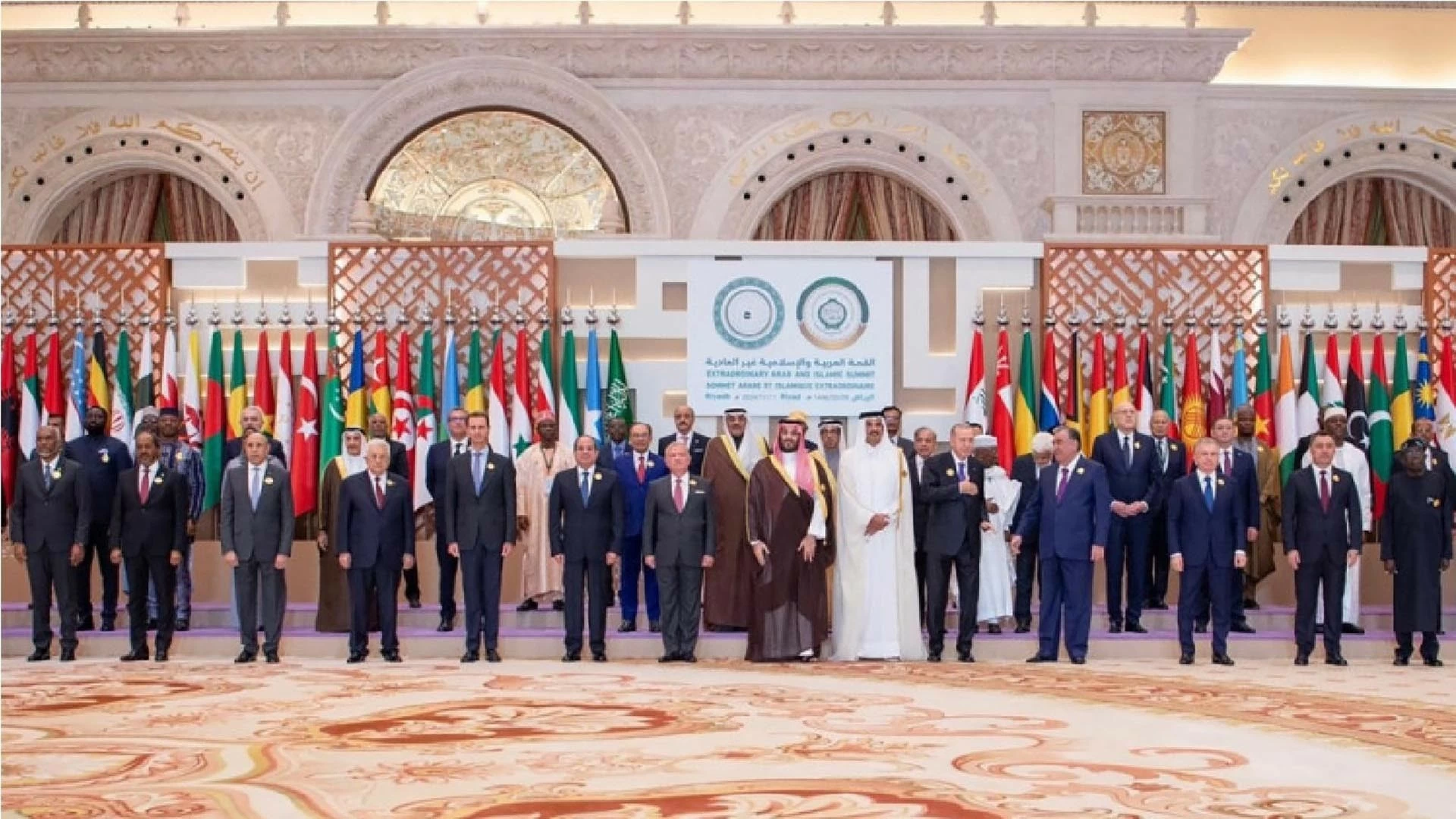 |
| The extraordinary summit of Arab and Muslim countries took place on November 11 in the capital Riyadh, Saudi Arabia. (Source: AFP) |
The extraordinary Arab-Muslim summit took place on November 11 in Riyadh, Saudi Arabia. Held in the context of the serious escalation of the Israeli-Palestinian conflict, especially in the Gaza Strip, the conference focused on discussing hot regional issues, including condemning Israel's military actions in Gaza, protecting the rights of Palestinians and finding a lasting solution to the conflict.
The participation of regional powerhouses such as Saudi Arabia, Iran and Türkiye contributed significantly to the discussions at the Conference. Host Saudi Arabia called for unity in defending Palestinian rights and pledged humanitarian assistance.
Meanwhile, Iran has been one of the countries that has most strongly condemned Israel's actions and called for solidarity with Palestine. For its part, Türkiye has supported international measures and called for the intervention of global organizations such as the United Nations (UN).
The conference criticized Tel Aviv's use of the right to self-defense as a pretext for large-scale attacks and unanimously called for international support to "freeze" Israel's membership at the UN.
The conference reaffirmed its commitment to supporting Palestine in establishing an independent state with territory including the West Bank, Gaza Strip and East Jerusalem, based on the pre-1967 borders. Palestinian rights continued to be a hot issue at the conference, as many countries believed that the conflict could only end when Israel respected the rights of the Palestinians and expected that the UN would intervene more strongly, calling for the adoption of a resolution to protect the Palestinian people and open humanitarian access to the Gaza Strip.
In the Joint Statement, the conference called for international support to impose an arms embargo on Israel, stressing that “this would be a step to put things in place”. The Joint Statement also warned of the risks of escalation and expansion of the conflict in the region, which has lasted for more than a year in the Gaza Strip, spreading to Lebanon, along with alleged violations of the sovereignty of Iraq, Syria and Iran, without decisive action from the international community.
Despite the many points of agreement, there were also disagreements at the conference. Some countries, including Algeria and Lebanon, supported economic sanctions against Israel to put pressure on Tel Aviv. In contrast, the UAE and Bahrain – countries that have normalized relations with Israel – opposed tough sanctions, fearing that they could increase tensions and negatively impact regional economic and security relations. Instead of supporting tough measures, these countries called for dialogue and finding solutions through diplomacy and peaceful negotiations.
Although no final solution was reached, the Conference clearly demonstrated the will and commitment of many countries to support the Palestinians and seek long-term solutions. However, countries must also solve the problem of balancing national interests and regional solidarity to find a lasting peaceful solution to the Israel-Palestine issue as well as the entire Middle East region.



![[Photo] Visiting Cu Chi Tunnels - a heroic underground feat](https://vstatic.vietnam.vn/vietnam/resource/IMAGE/2025/4/8/06cb489403514b878768dd7262daba0b)






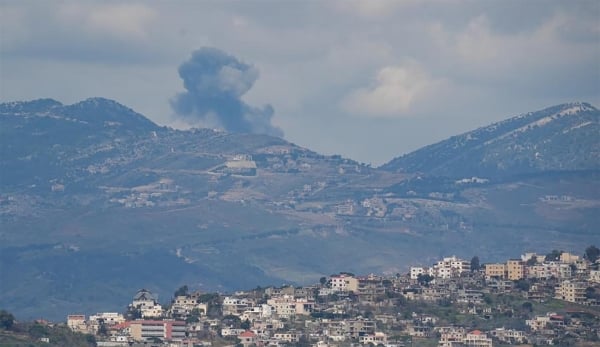

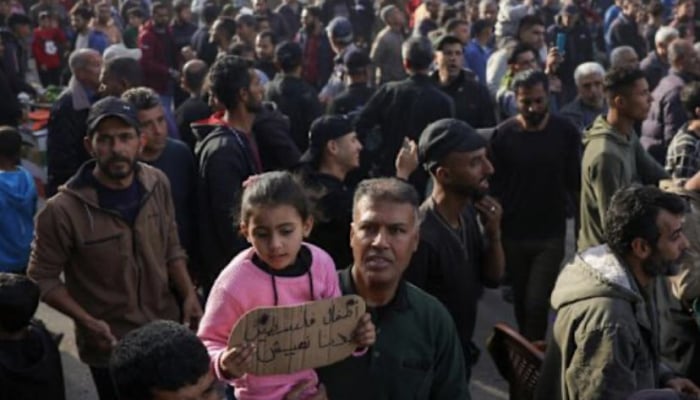

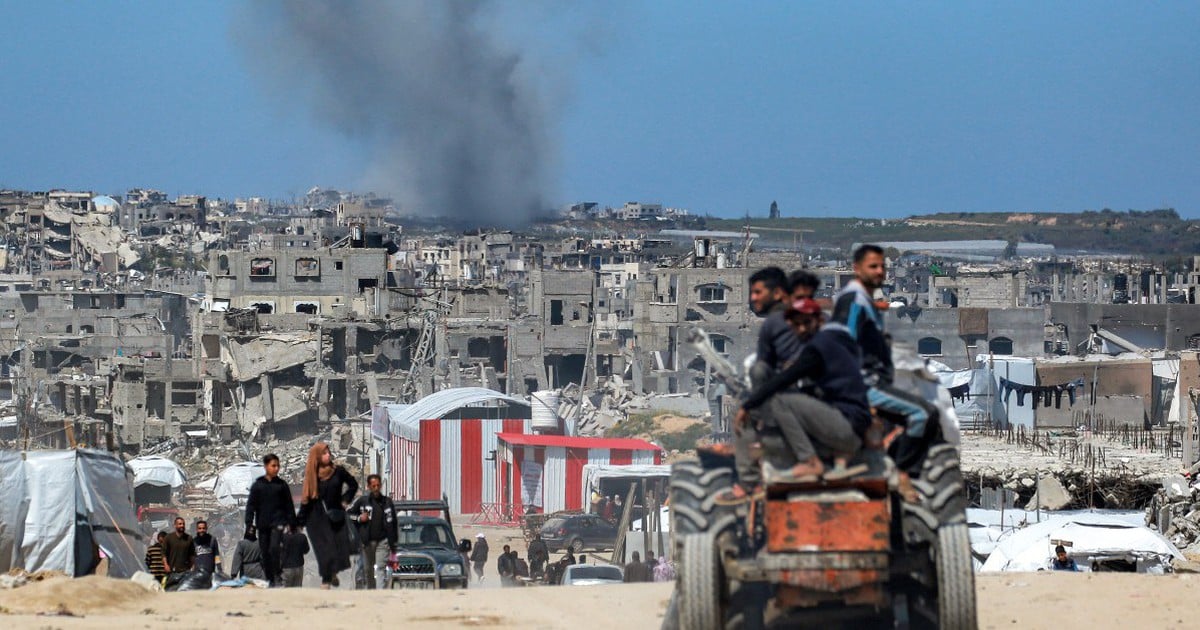

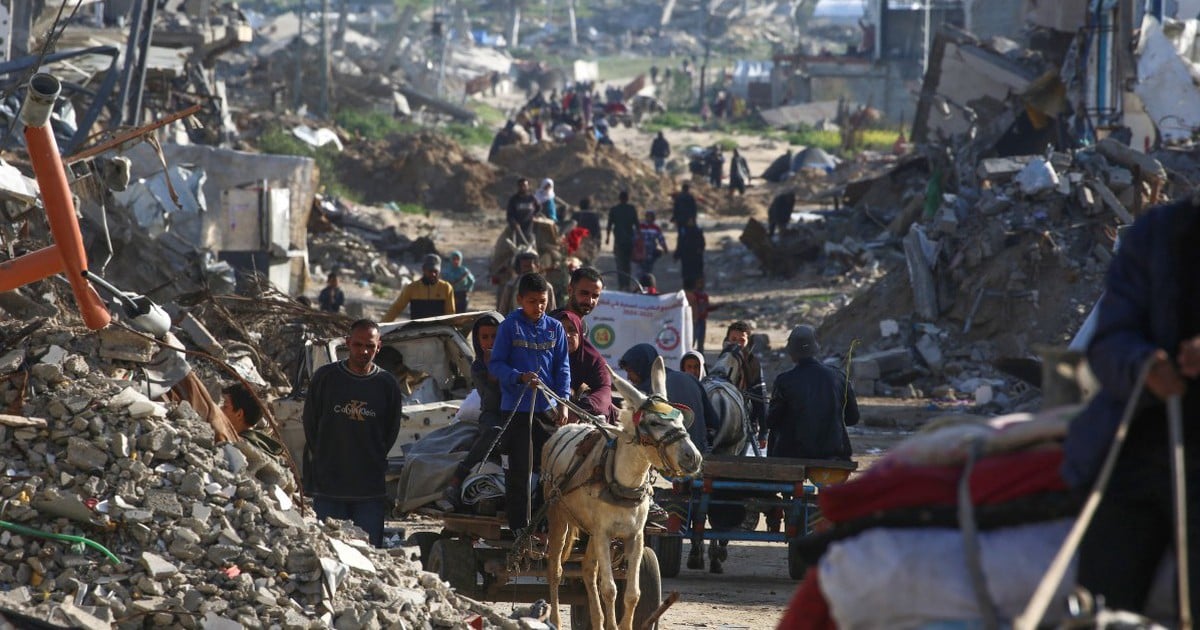
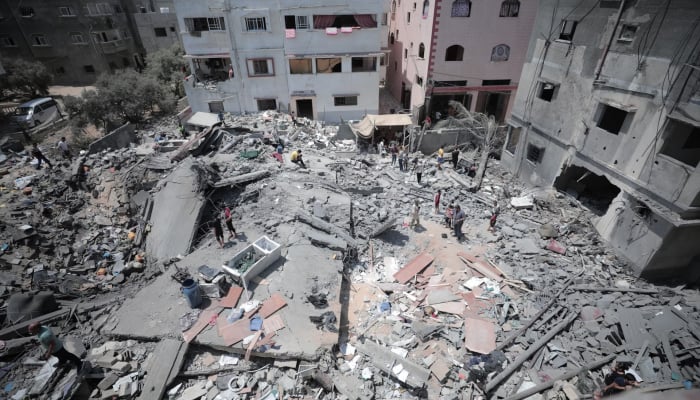




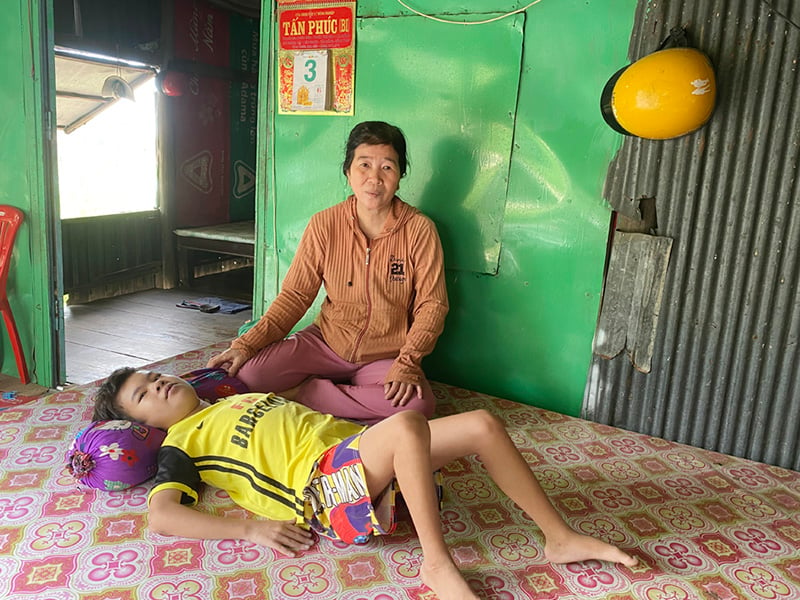
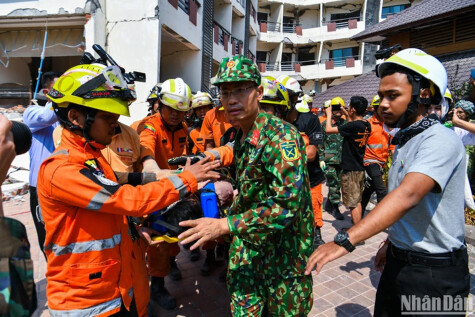

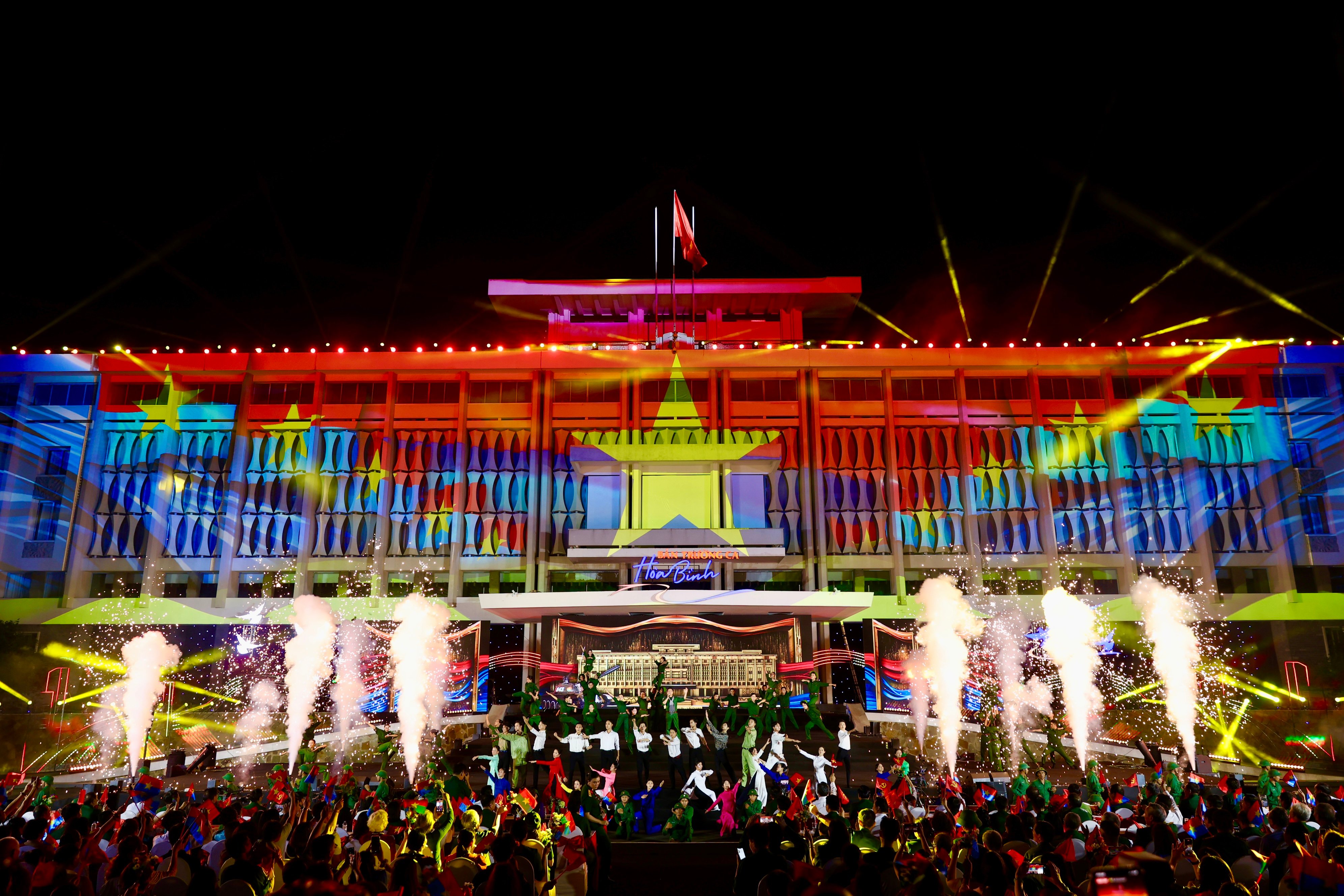
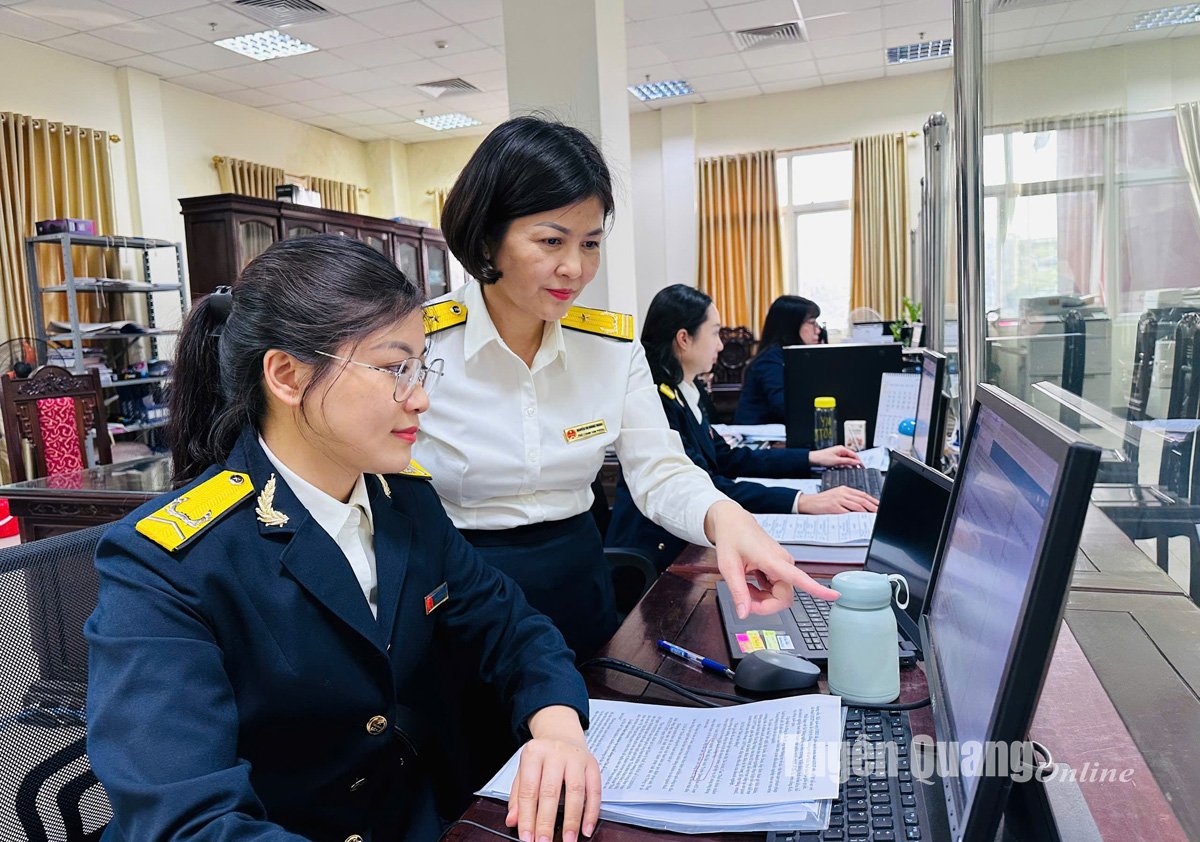

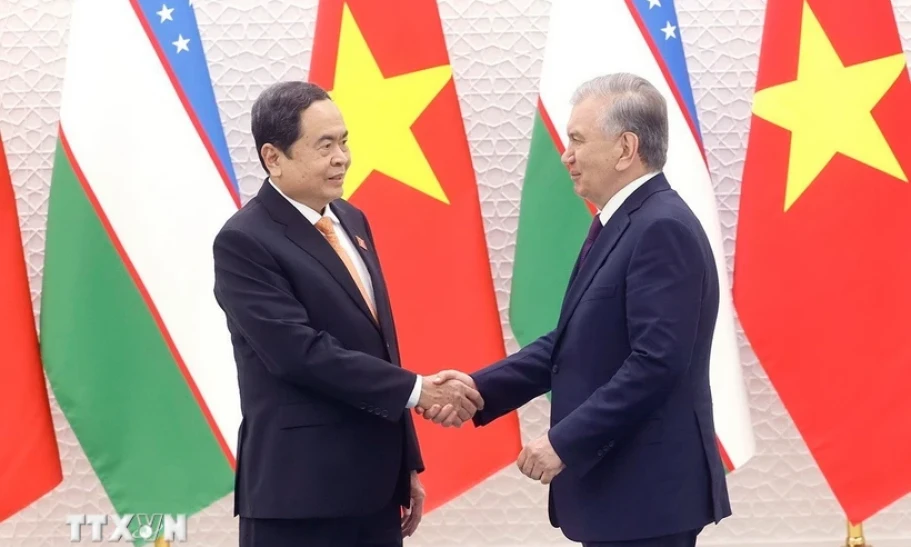
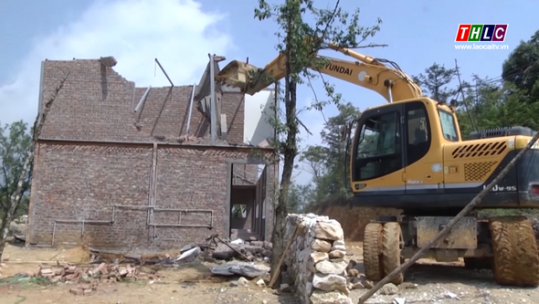














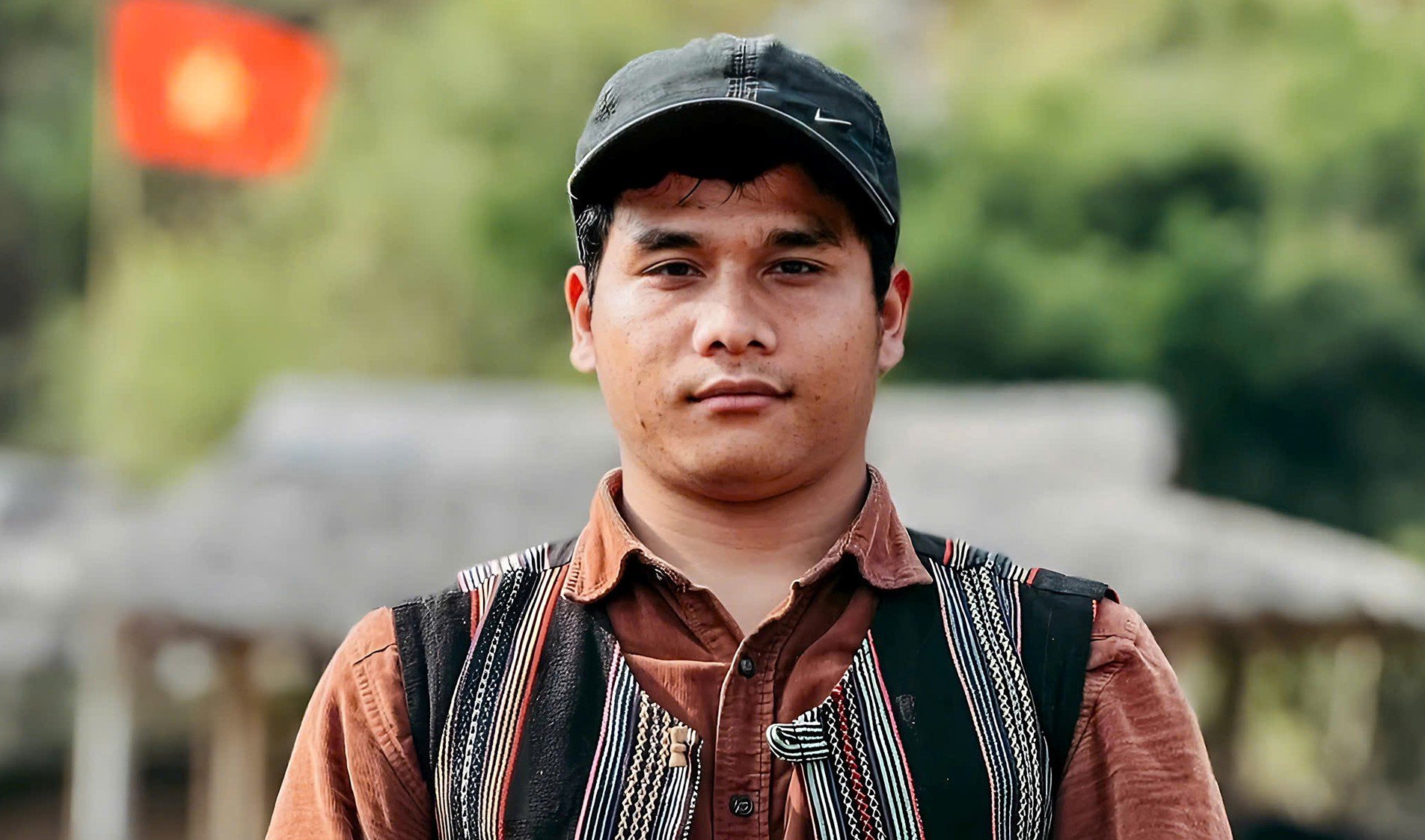








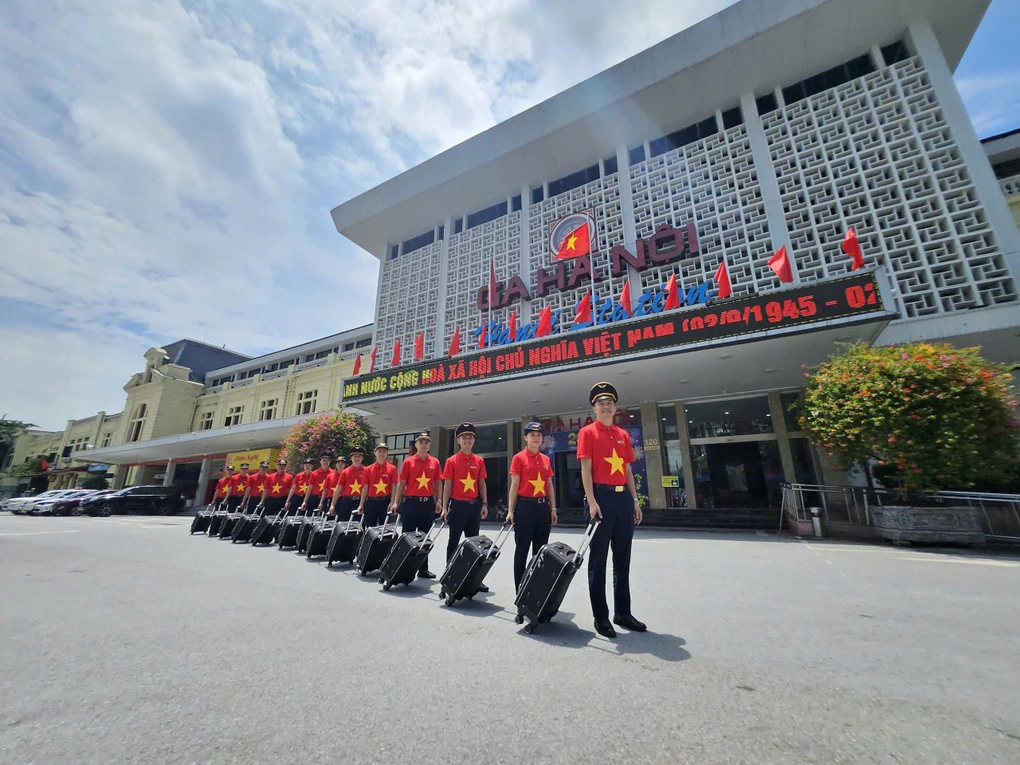





























Comment (0)